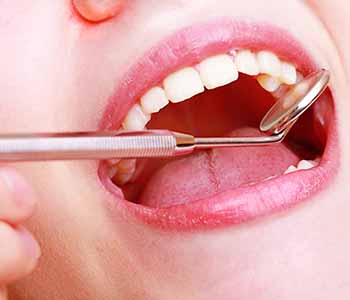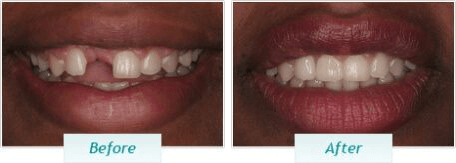Understanding TMJ in San Francisco

The TMJ (temporomandibular joint) links the lower jaw (the mandible) to the side of the skull (the temporal bone). This joint enables the jaw to move side to side, up and down, and forward and backward smoothly. These motions are necessary to chew, talk, and even yawn. The muscles that are attached to, and surround, the joints control their movement and position.
As the mouth opens, the rounded ends of the mandibles (condyles) slide along the socket. As the mouth is closed, the condyles return to their original position. A soft cartilage disc between the temporal bone and the condyle keeps the jaw movement smooth, as well as absorbing the shock of chewing and other movements of the jaw. The TMJ is one of the most complex joints in the body, which makes diagnosis and treatment extremely challenging when problems arise.
Temporomandibular joint and muscle disorders can range from minor discomfort that resolves with simple lifestyle changes, to debilitating chronic pain. There is no standardized test for this disorder; accurate diagnosis relies on the knowledge and experience of the healthcare provider. Dr. Leo Arellano has been relieving TMJ pain for the people of San Francisco for many years. Some of the symptoms of this condition include:
- Clicking, grating, or popping sounds in the jaw
- Pain, soreness, or stiffness of the jaw muscles
- Frequent headaches
- Pain in the facial area around the cheeks and temples
- Sore or aching neck or shoulders
- Pain or pressure in the ears, earaches, or ringing in the ears
- Diminished hearing
- Pain above or behind the eyes
- The jaw locking
- Difficulty in fully opening the mouth
- Problems with vision or dizziness
- Tenderness or tension in the muscles in the cheeks, especially in the mornings
The pain can be dull and constant, or searing and sharp, occurring every time the patient talks, chews, swallows, or yawns. It can hurt in front of the ear, over the joint, or it can radiate elsewhere (called referred pain). Some of the most common causes of TMJ pain are stress, injury, clenching or grinding teeth, arthritis, malocclusion, or joint deformity. Dr. Arellano uses digital radiography to image the jaw joint to facilitate an accurate diagnosis.
Occasional soreness in the jaws or facial muscles is common and is not a cause for concern. However, anyone troubled with persistent symptoms can call 415-881-4343 and schedule an appointment with Dr. Arellano and his highly trained staff; they have extensive experience in relieving this painful condition.







